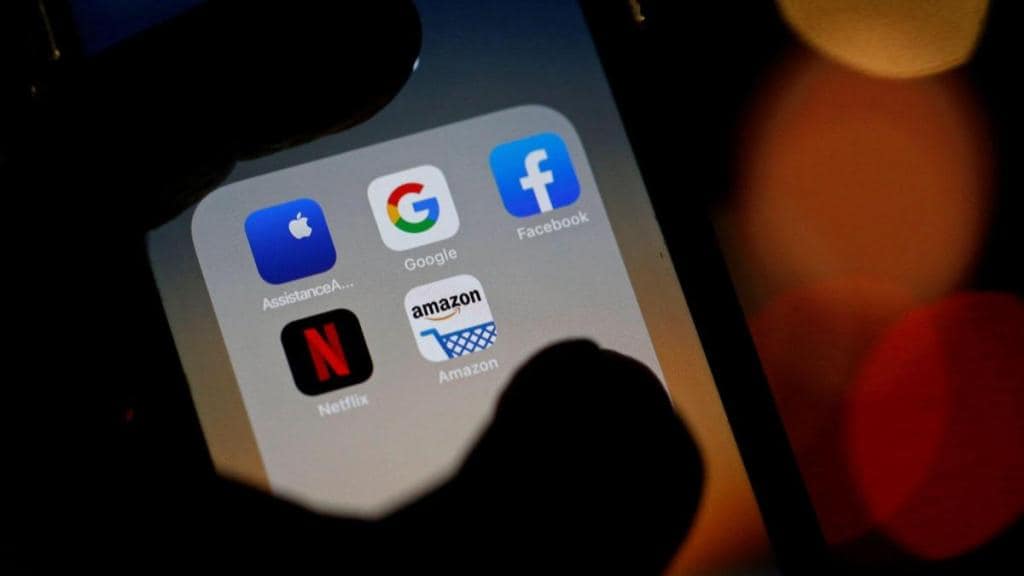The Reserve Bank of India (RBI) is reportedly considering new rules that would allow lenders to remotely lock mobile phones purchased on credit if borrowers fail to make their EMI payments. According to a Reuters report, the proposal is aimed at tackling rising levels of bad debt and is also expected to trigger debate over consumer rights.
Notably, last year the RBI directed lenders to stop using apps to lock defaulting borrowers’ devices. Following fresh consultations with financial institutions, the central bank is now expected to amend its Fair Practices Code in the coming months, the Reuters report said.
Under the updated guidelines, lenders would be required to secure prior consent from borrowers before using any locking mechanism. Importantly, the rules would bar them from accessing or tampering with personal data on locked devices. “The RBI wants to ensure that lenders have the power to recover small-ticket loans, and at the same time ensure that customers’ data is protected,” Reuters quoted a source as saying.
Small-ticket loans under stress
The measure comes against the backdrop of booming credit demand for consumer electronics, particularly smartphones. According to a 2024 study by Home Credit Finance, more than one-third of electronic goods in India are purchased on credit. With 1.16 billion mobile connections in a nation of 1.4 billion, the scale of the market is vast.
Loans of less than Rs 1 lakh show some of the highest delinquency rates, according to the data from credit bureau CRIF Highmark. Non-bank finance companies account for nearly 85% of such consumer durable loans. If implemented, the proposed rules could provide a boost to large lenders such as Bajaj Finance, DMI Finance and Cholamandalam Finance, improving recovery rates and expanding lending to customers with weaker credit histories.
Consumer rights concerns
The Reuters report quoted an expert who warned of unintended consequences if this practice comes into effect. “This practice weaponises access to essential technology to enforce behavioral compliance, locking users out of livelihoods, education and financial services until repayment,” Srikanth L, founder of advocacy group CashlessConsumer, told Reuters.


